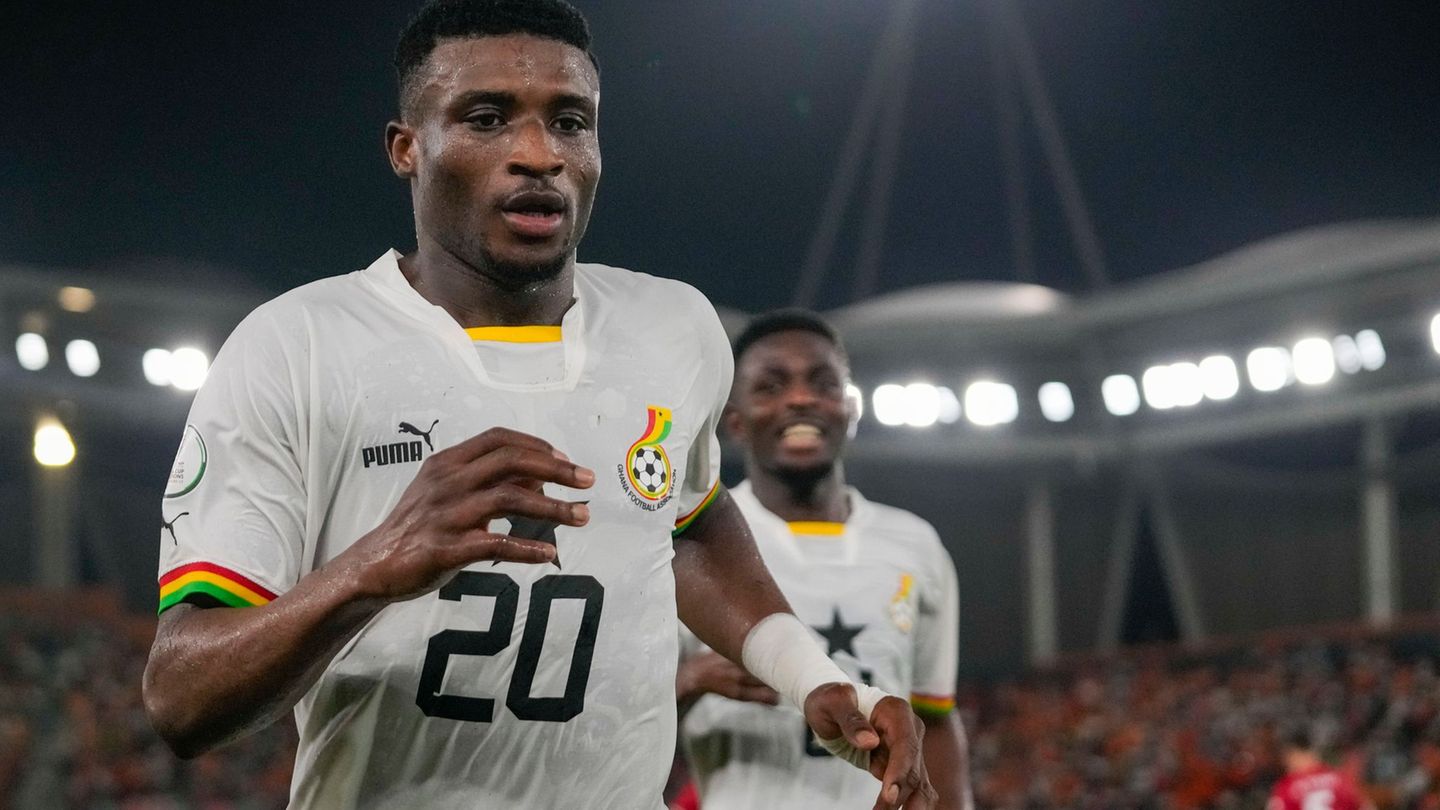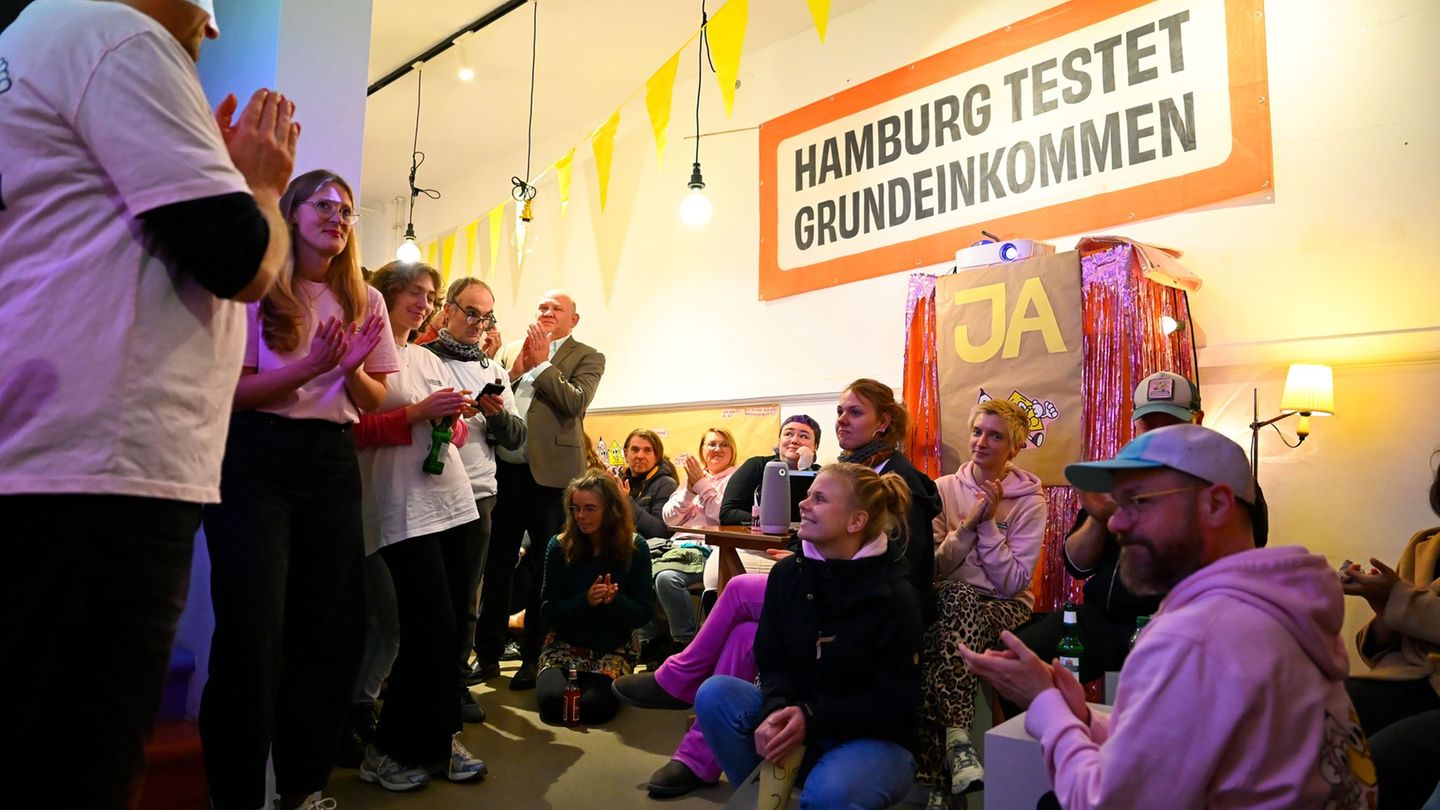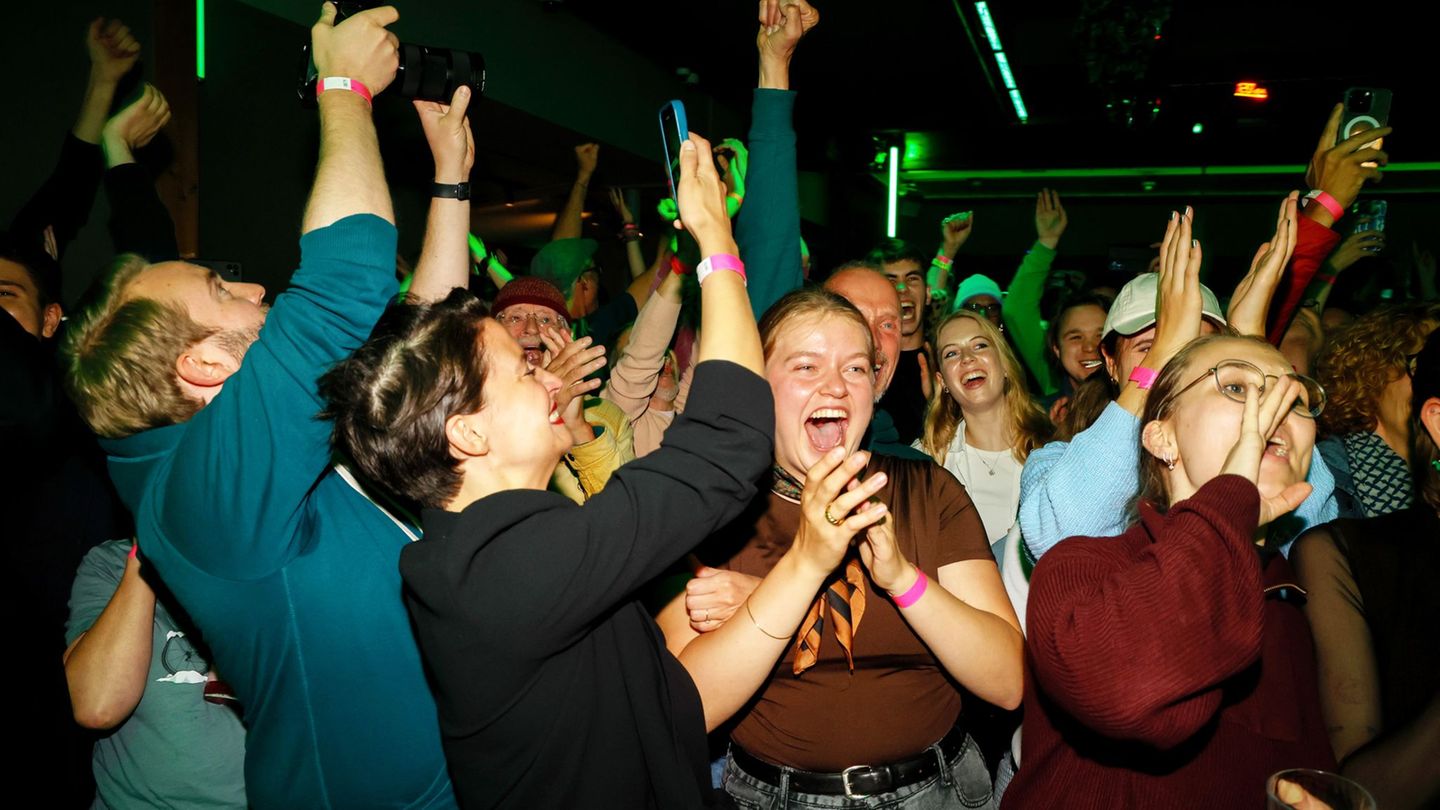Now the journalist, who grew up on a mountain farm in Murau, has written the first crime novel, “Herr Kuranaga”, whose title character is based on one of his friends.
OÖN: Mr. Mayr, why did you become a crime writer?
Gunther Mayr: I wanted to write books since I was a child. But since I couldn’t imagine how to earn money with it, the path to journalism was logical. But I never got that dream out of my head. When I achieved a certain popularity during the pandemic, some publishers got in touch and asked: “Don’t you want to write a book?”
They did it – and set a literary monument to a friend. How did that come about?
I met Tateo Kuranaga (his real name is actually that) 35 years ago through a friend. He studied philosophy, comes from Japan, lives in Vienna, speaks Viennese dialect and is not averse to joking. A funny bird, a real original. I didn’t have to invent much about him. But other friends also appear in the book.
So you made literary use of your circle of friends?
Yes, but most aren’t as recognizable as Tateo. Many were also advisors. I asked a friend who is a doctor: How would you kill someone? That’s how we came up with poison. As a journalist, it was important to me that, despite all literary freedom, the facts were correct.
How was your writing?
I completely underestimated the effort. Write a few more pages after work? That is not how it works. It takes two or three weeks to get into the flow. I then retired to a hut in Styria and made a daily schedule. In the end, it still got tight – which, as a journalist working on a daily basis, I’m probably more used to than the people at the publishing house. But they knew very well how to push me.
The content is about the fight of vaccine skeptics against proponents. Was that a reappraisal of the pandemic?
Yes, it was something of a literary long-Covid. The two years of the pandemic have shaped me. And I heard from a lot of doctors how it was with them.
You became the nation’s Corona explainer during the pandemic. How do you manage get to the heart of complex content so easily?
It is important that you understand it yourself first. I have been able to build up a good network of experts over the past few years. The metaphors I used in the ZiB in the evening often came about in the afternoon in conversations with the scientists. As a journalist you have to be able to explain things in a way that your grandmother would understand. When you understand something, the fear goes away.
At the height of the crisis, you had to explain the pandemic almost every day.
That was sometimes stressful because we often didn’t know where we were going. I knew there were two million people waiting for what you said. That’s a big responsibility.
They were in the limelight from one day to the next. How did you deal with that?
You stumble in. I’ve never pushed myself in front of the camera. On the first day we said we need you in the ZiB. First I had to look for a tie. But I quickly felt comfortable, also thanks to the experienced moderator colleagues.
Source: Nachrichten




